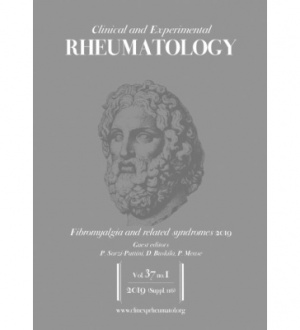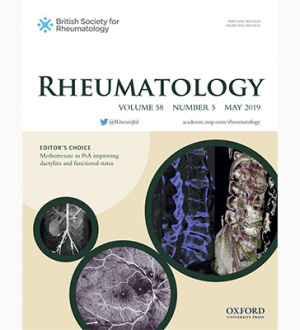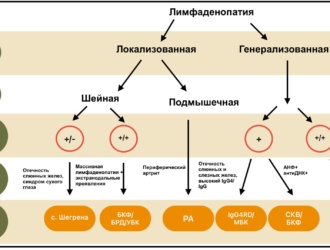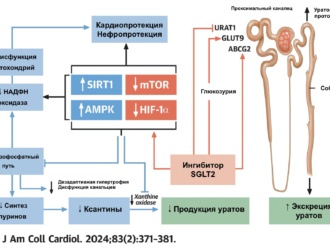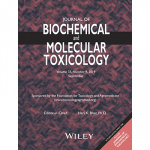 Colchicine (COL) is an alkaloid existing in plants of Liliaceous colchicum. It has widely been used in the treatments of many diseases, such as gout, Familial Mediterranean Fever, and tumor. However, the adverse effects of COL are an obstacle to its safe use.
Colchicine (COL) is an alkaloid existing in plants of Liliaceous colchicum. It has widely been used in the treatments of many diseases, such as gout, Familial Mediterranean Fever, and tumor. However, the adverse effects of COL are an obstacle to its safe use.
The present studies explored the role of metabolic demethylation in the development of COL-induced hepatotoxicity. We found that inhibition of CYP3A increased the susceptibility of mice to COL hepatotoxicity, and induction of CYP3A decreased the susceptibility of animals to the hepatotoxicity.
The toxicokinetic study demonstrated that pretreatment with ketoconazole caused elevated area under the concentration-time curve of COL. Three demethylation metabolites of COL were found to be less hepatotoxic than the parent compound. It appears that the formation of electrophilic demethylation metabolites was not involved in the development of COL-induced liver injury.
Guo X, Chen Y, Li Q, Yang X, Zhao G, Peng Y, Zheng J.
J Biochem Mol Toxicol. 2019 Sep; 33 (9): e22366
doi: 10.1002/jbt.22 366
PMID: 31 332 882


